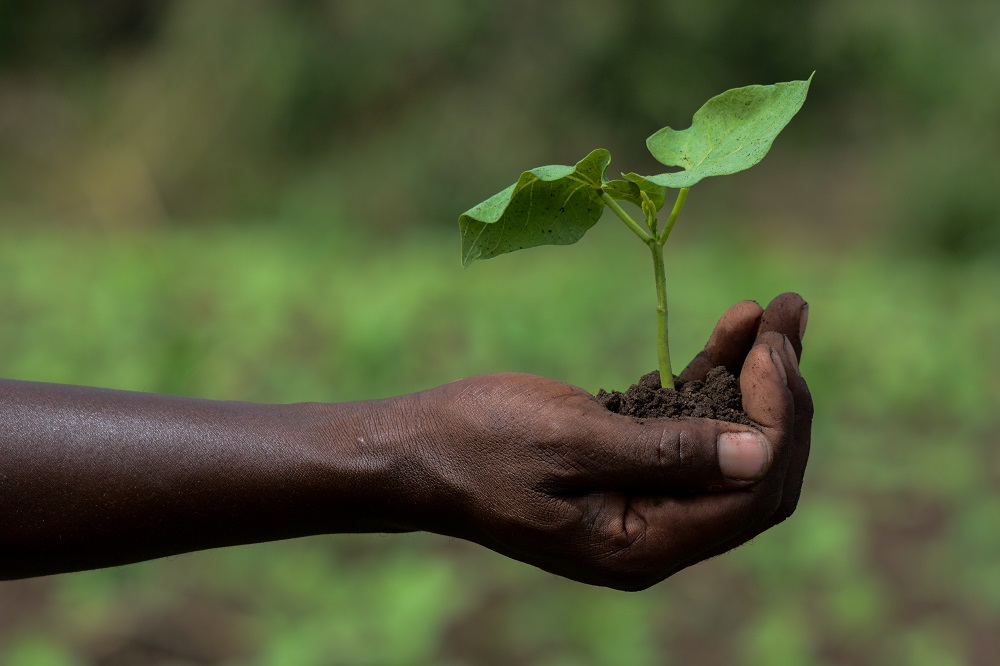by Georgina Smith | Nov 22, 2017
Eating beans bred to contain higher iron can boost memory and attention span in female university students in Rwanda, the study shows. Policy makers could consider including iron-biofortified beans as part of national strategies to overhaul food systems on the continent.
A recent study published in the Journal of Nutrition, shows for the first time that eating beans bred to contain higher iron can boost memory and attention span in women aged 18 to 27 in Rwanda.
In Africa, anemia is estimated to affect more than half of all women who are pregnant. Iron deficiency is the single biggest nutrient deficiency in the world and mostly affects infants, children and women of childbearing age. It affects physical strength, memory, attention span, and behavior – yet the physical and mental consequences of iron deficiency are often ignored.
Dr. Laura Murray-Kolb, at The Pennsylvania State University and lead author of the paper said: “This is the first scientific evidence we have that iron biofortified beans can improve cognition in women during this critical phase of their lives.”
Our work highlights that iron deficiency may disadvantage young women in their academic prospects and careers. Without addressing malnutrition, we cannot expect our people and economies to reach their full potential. Our young people are behind in the race before it has even started.
Dr. Mercy Lung’aho
During the study, supported by HarvestPlus, the women – all among the most educated, studying at the University of Rwanda – ate beans as part of their meals twice a day for 18 weeks. Half of the women consumed only biofortified beans – beans bred to contain more iron – and the other half normal beans with lower iron content.
By the end of the trial, the women who ate biofortified beans had better memory recall speed and efficiency than the women who consumed conventional beans.
Despite the clear potential for improvements in agriculture to enhance maternal and child nutrition outcomes, evidence supporting its effectiveness to do so has been scarce.
This study comes as experts of the Global Nutrition Report 2017 pointed to ‘significant burdens’ of malnutrition in 140 countries, warning that if the 2030 Sustainable Development Goals are to be met, more action must be taken.
Dr. Robin Buruchara, Director of the Pan-Africa Bean Research Alliance (PABRA), the largest bean breeding network in Africa covering 30 countries, said:
“We are intensifying our breeding programs to respond to multiple challenges which our farmers face: this includes breeding beans which are not only high in iron content but also drought tolerant, high yielding, pest and disease resilient and fit the demands of consumers.”
Solutions such as high iron beans do exist, but are not streamlined into policy to address healthier diets.
Dr. Steve Beebe, leader of CIAT’s bean research program, believes that iron beans can be part of a response to tackle malnutrition. “We need firm policy action, to advocate for food systems that include foods improved for their nutritional value,” he said. “We also need to holistically address a whole range of health factors, from more nutritious diets at household level to education and awareness about healthy diets.”
This study was supported by grants from HarvestPlus and the International Food Policy Research Institute.

